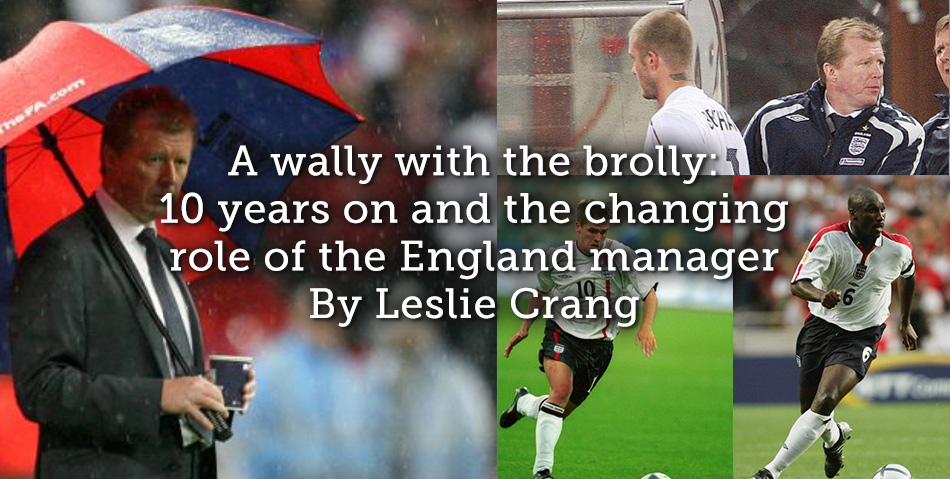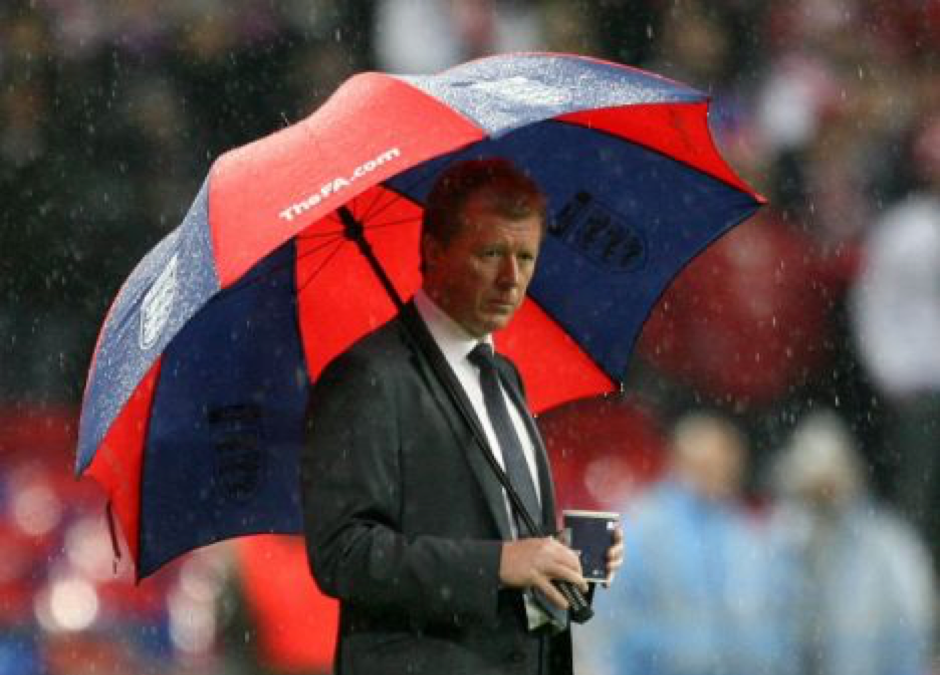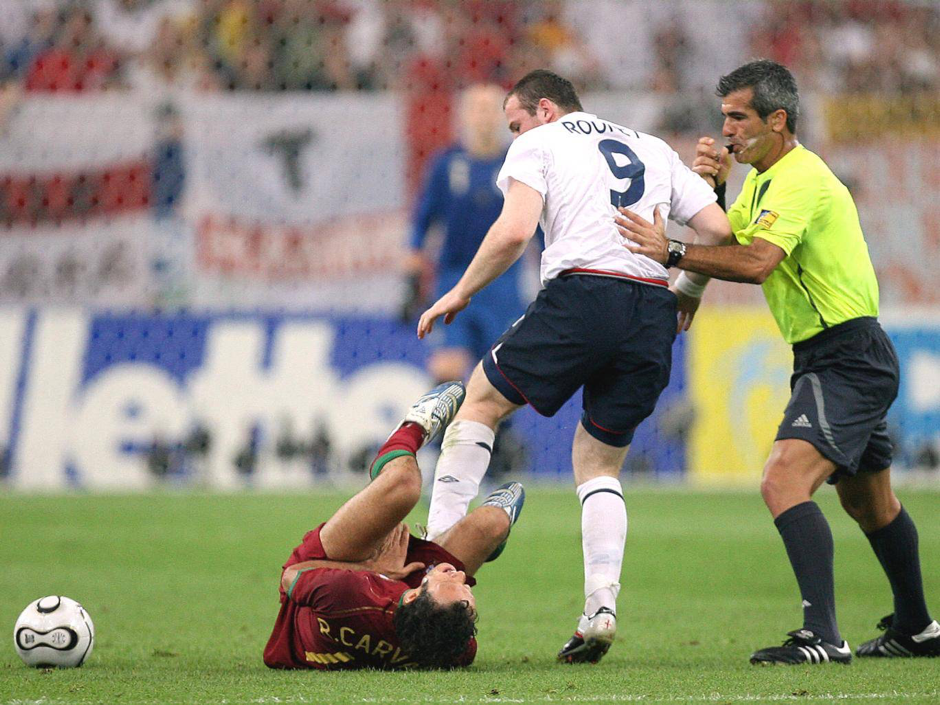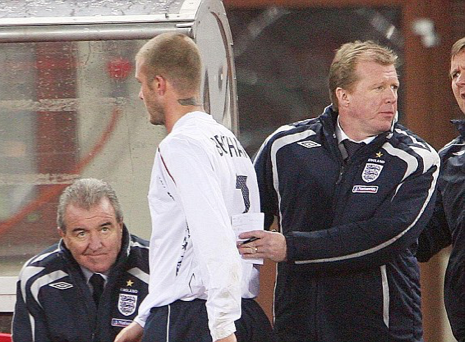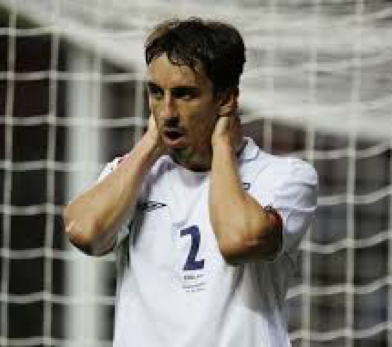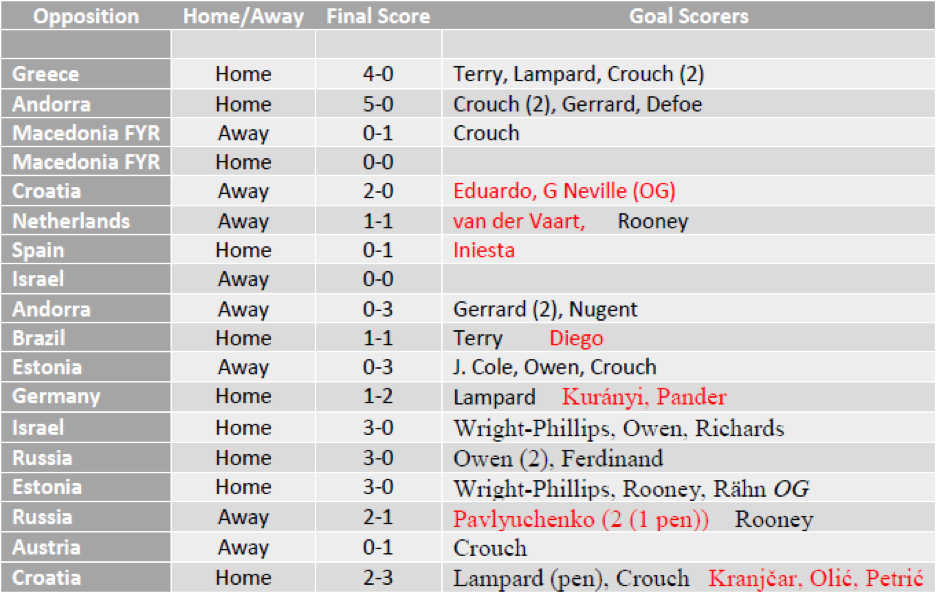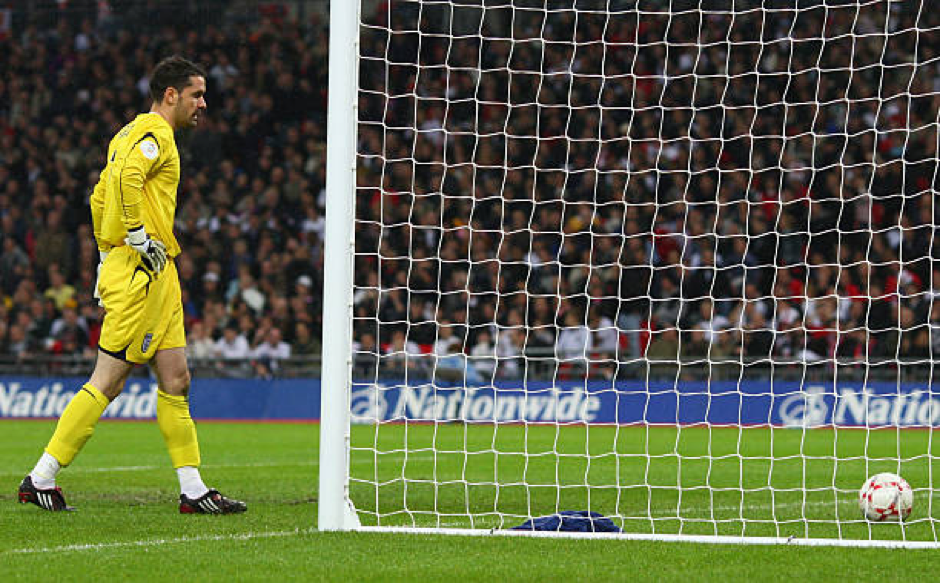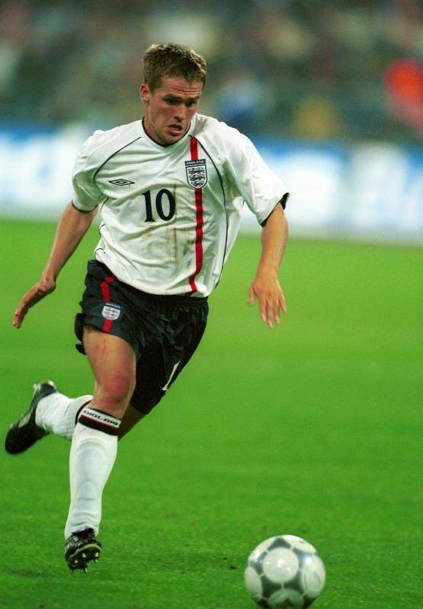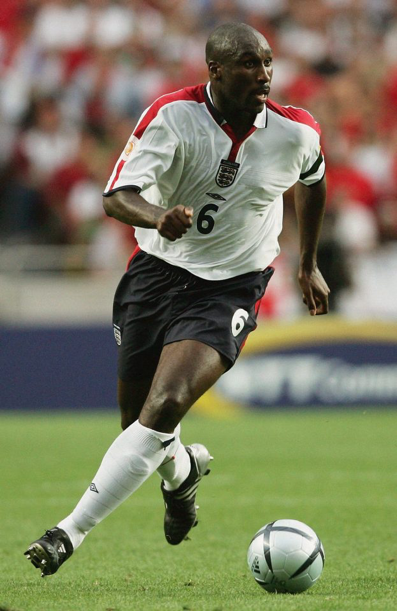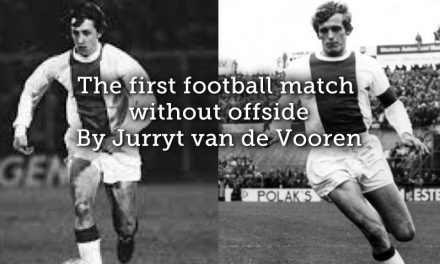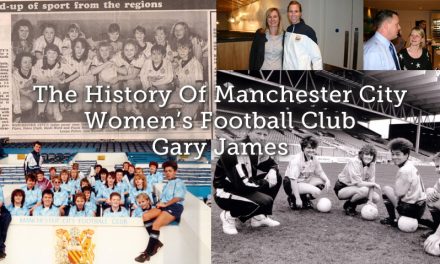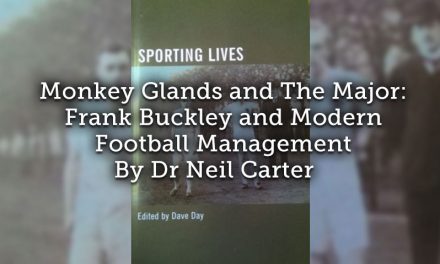Oh, where have you been, my blue-eyed son?
Oh, where have you been, my darling young one?
I’ve stumbled on the side of twelve misty mountains
I’ve walked and I’ve crawled on six crooked highways
I’ve stepped in the middle of seven sad forests
I’ve been out in front of a dozen dead oceans
I’ve been ten thousand miles in the mouth of a graveyard
And it’s a hard, and it’s a hard, it’s a hard, and it’s a hard
And it’s a hard rain’s a-gonna fall
A Hard Rain’s A-Gonna Fall – Bob Dylan
As the rain tumbled down at Wembley in November 2007, 88,091 fans in attendance and the Swedish referee Peter Frojdfeldt looked at his watch, all eyes turned to the man beside the pitch holding a rather large FA umbrella to protect him from the elements. The flimsy material would not protect him from a cacophony of the England fans as they loudly jeered off McLaren and his England team and the break-up of what was termed the ‘golden generation’ by Adam Crozier in 2000. Another England manager would face the wrath of the fans and more importantly the media. After England had only to draw for the 2008 European finals and proceeded to lose to a team who had already qualified. This paper will look at the media portrayal of England manager and his teams.
- Steve McLaren – trying to stay dry!!!
After the 2006 World Cup, more than a few things had been proven. Firstly, England’s only World class striker was injury prone. Not Wayne Rooney, but Michael Owen, a man who was injured in the final group game against Sweden. A World Cup he later said he regretted going to. Also, Wayne Rooney was a loose cannon, who stamping on Carvalho in the quarter-finals meant we lost our main striker for this and any future games also in the tournament. Although Kuper and Symanski have underlined Quarter-finals are actually exceeding our expected targets (2010).
- Rooney stamps on Carvalho, earning himself a red card
So, the change was Eriksson’s assistance Steve McLaren. Surely he would move us to a higher position? Maybe a final? Why not. Eriksson, a great manager and everything, but his team needed to go into a lead at half-time to retain a win in tournaments. He was a defensive coach (Argentina in 2002 underlines this). Plus, he was well…….foreign. How can a foreign manager understand a uniquely English game? Better to have an Englishman in charge. Although England had made an approach for former Brazil and then current Portugal coach Luiz Felipe Scolari (a manager who had defeated England in the previous 3 quarter-finals in major tournaments). Scolari had turned down the job due to the intrusive nature of British Press. This lead one journalist to call McLaren
‘Second Choice Steve’. Hardly the way to start the job. That he would later need the assistance of of publicist Max Clifford to assist with the news of his affair with his secretary (Wilson, 2010). Could things get worst for an England manager?
- Sven-Göran Eriksson and Luiz Felipe Scolari
Well, after 3 games, McLaren had dropped ex-skipper David Beckham, won his games with a plus 10 goal advantage (against Greece, Andorra & Macedonia). Then the wheels started they drew at home with Macedonia, the next 4 games gave them no wins and 1 goal. The worst moment obviously being the 2-0 defeat away when Gary Neville back pass bounced over keeper Paul Robinson, whilst, ominously Borat looks on, like a very bad pastiche of ‘The Great Gatsby’ original cover art.
- Beckham is subbed
- Gary Neville scores an OG
Although, at one stage England had reached the depth of fourth in the group they had regained some success later in the qualifiers beating both Andorra, Estonia, Israel and Russia 3-0 (Owen would score 4 of the 12 goals). See below for table of fixtures and results.
- England fixtures and results
They then went to Russia, needing a draw really to proceed and come second in the group. Although they took a 1-0 half time lead, they lost 2-1. No matter. Croatia. At home. All we need is a draw. Against a team that already qualified. At the home of English soccer, Wembley. Which had gone over budget. No worries, the FA, in its infinite wisdom had allowed a game of American football to be played three and a half weeks earlier causing the pitch to be in less than perfect condition. Then the heavy rains came for the game. A bumpy pitch and wet weather, typical English conditions! It’s not as if this was an uncommon occurrence – the FA to utilise Wembley for multiple events before a major international fixture. The 1969 League Cup final had been preceded a week earlier by the horse of the year show. Neither of these two events assisted in allowing for ‘free, flowing, football’.
Even with a poor pitch, England had been unfortunate prior to the game. Up front, Emile Heskey, Wayne Rooney and Michael Owen were injured. Owen being injured in a friendly against Austria a week before.
The main point of interest was in the choice of goalkeeper, Lee Carson, who had made his debut the week before, with Paul Robinson being dropped. In many ways, it was really not the best decision, as the first goal went to Kranjcar scoring from outside the box with John Motson saying ‘oh….it’s gone straight through him.’ It was a howler. Within 13 minutes, England sunk further behind, with the defence caught badly out of position. The Guardian’s Richard Williams wrote ‘it is hard to remember a more embarrassing goal being scored against any England team at Wembley.’
- Scott Carson forlornly looks at the ball in the net from Croatia’s Niko Kranjcar
Although the second half brought goals from Lampard and Crouch, with 22 minutes remaining of the game. As Gerrard said ‘When you get back into the like that, you’ve got to see it out and take a draw.; Journalist Martin Samuel felt not using Owen Hargreaves to shore up the defence was McClaren ‘final, gigantic error.’ [Wilson, 2010]
Mladen Petric’s 25 yard winner 13 minutes from time, which Jonathan Wilson quite succinctly said ‘The goal, when it arrived……resulted from Croatian excellence permitted by English sloppiness.’
England, huffed, puffed and punted the ball forward, to little effect. When the final whistle sounded, the choice of McClaren was seen as an error and he would be sacked the following day. But, in many ways it was a wake-up call for English football. Firstly, it underlined the ‘golden generation’ had finished. For example, Michael Owen, would make one more appearance under Capello before injury finished such a promising career. Sol Campbell had lost his pace and was on the way out. Ledley King became known as captain cartilage due to his knee problems at Spurs. A world class goalkeeper had yet to be found to replace David Seaman and the Lampard/Gerrard axis would continue to trouble England managers for another seven years. David Beckham would join the LA Galaxy and rarely play for England.
- Michael Owen
- Sol Campbell
But more importantly, it underlined to the English, we were no longer likely to win a tournament and our style was outdated. Actually, the 2008 European championship had some wonderful teams. Russia and Turkey made the semi-finals, Germany made the final, even though they lost to Croatia in the group stage. The Netherlands defeated France and Italy with ease, whilst the burgeoning Spanish underlined who would be the best team.
Also, England fans and press have been less aggressive towards England managers. For example, after England lost the 2012 Quarter-final to Italy, The Guardian wrote ‘They had withstood almost unrelenting pressure and nobody could say the result was unjust.’ (Taylor, 2012). Whilst even after England qualified for the 2018 World Cup, England manager Gareth Southgate saying :-
We have to maximise the capability and abilities we have. Are we going to become Spain in the next eight months? No we’re not. But they’ve got a squad of players who have won league and Champions League titles. Until you win things and can prove yourself on that stage, you can’t consider yourself to be in that company. But our lads have a chance to play in that company again now. (MacInnes and Fifield, 2017)
In many ways, 10 years on from ‘a wally with a brolly’, the England press realize criticising the England coach is fruitless. Our goal now is to qualify for major tournaments. Winning them is highly unlikely and a fruitless ambition.
Article © Les Crang
References
Domeneghetti, R. (2017). From the back page to the front room. 2nd ed. Huddersfield: Ockley Books.
Glanville, B. (2007). The toughest job in football. 1st ed. London: Headline Book Publishing Ltd.
Kuper, S. and Szymanski, S. (2012). Soccernomics. 1st ed. London.
MacInnes, P. and Fifield, D. (2017). Southgate points to work in progress as FA’s Glenn labels England ‘brittle’. [online] the Guardian. Available at: https://www.theguardian.com/football/2017/oct/05/england-euro-2016-martin-glenn- [Accessed 6 Oct. 2017].
Stevenson, J. (2007). England 2-3 Croatia. [online] News.bbc.co.uk. Available at: http://news.bbc.co.uk/sport1/hi/football/internationals/7103110.stm [Accessed 3 Oct. 2017].
Taylor, D. (2012). Euro 2012: England 0-0 Italy (2-4 pens) | Quarter-final match report. [online] the Guardian. Available at: https://www.theguardian.com/football/2012/jun/24/euro-2012-england-italy-quarter-final [Accessed 6 Oct. 2017].
Wilson, J. (2010). The anatomy of England. 1st ed. London: Orion Books.

